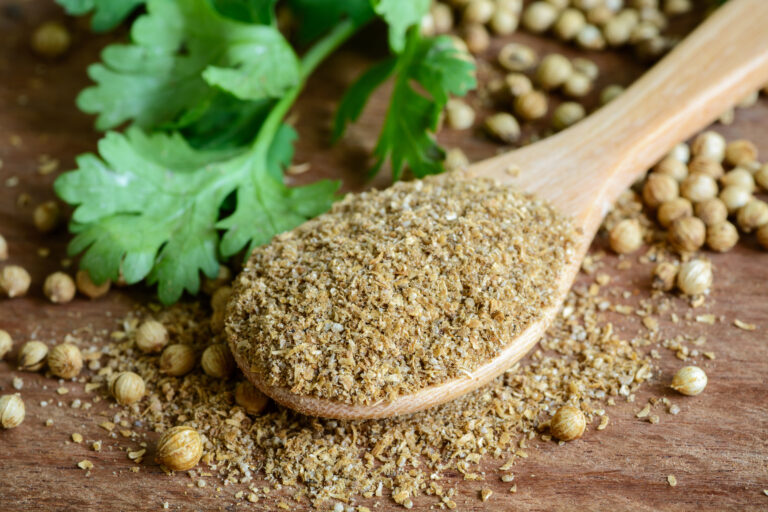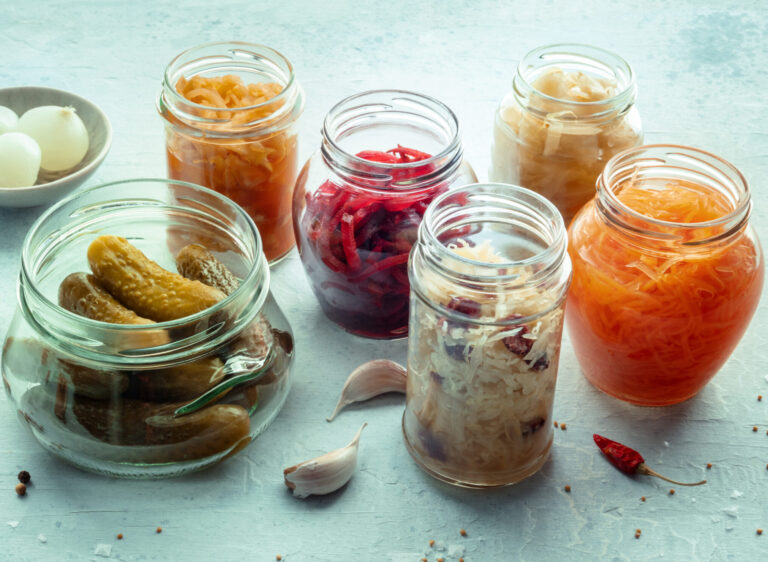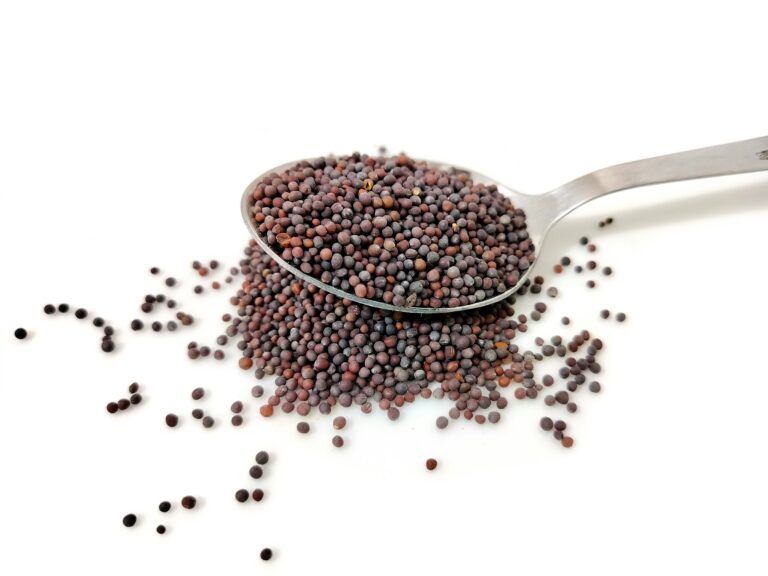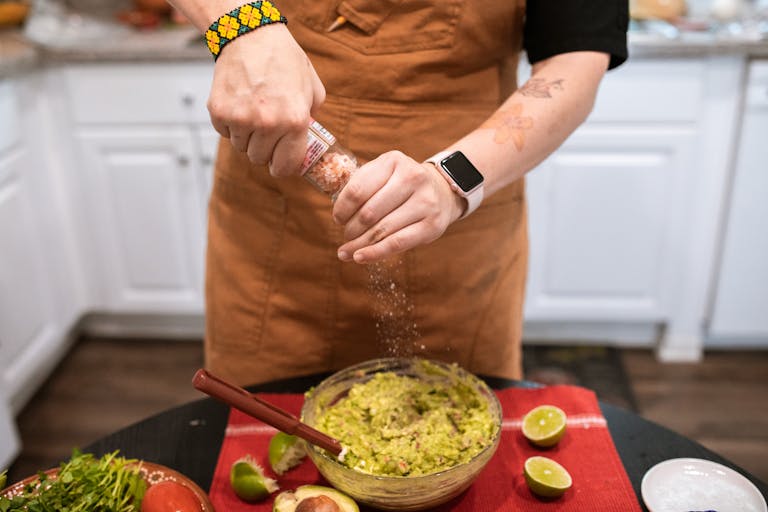5 Grill Seasoning Techniques to Make Your BBQ Taste Amazing
Elevate your grilling game with expert seasoning tips: choose the right ingredients, master timing, and apply techniques for flavorful, gourmet meals.
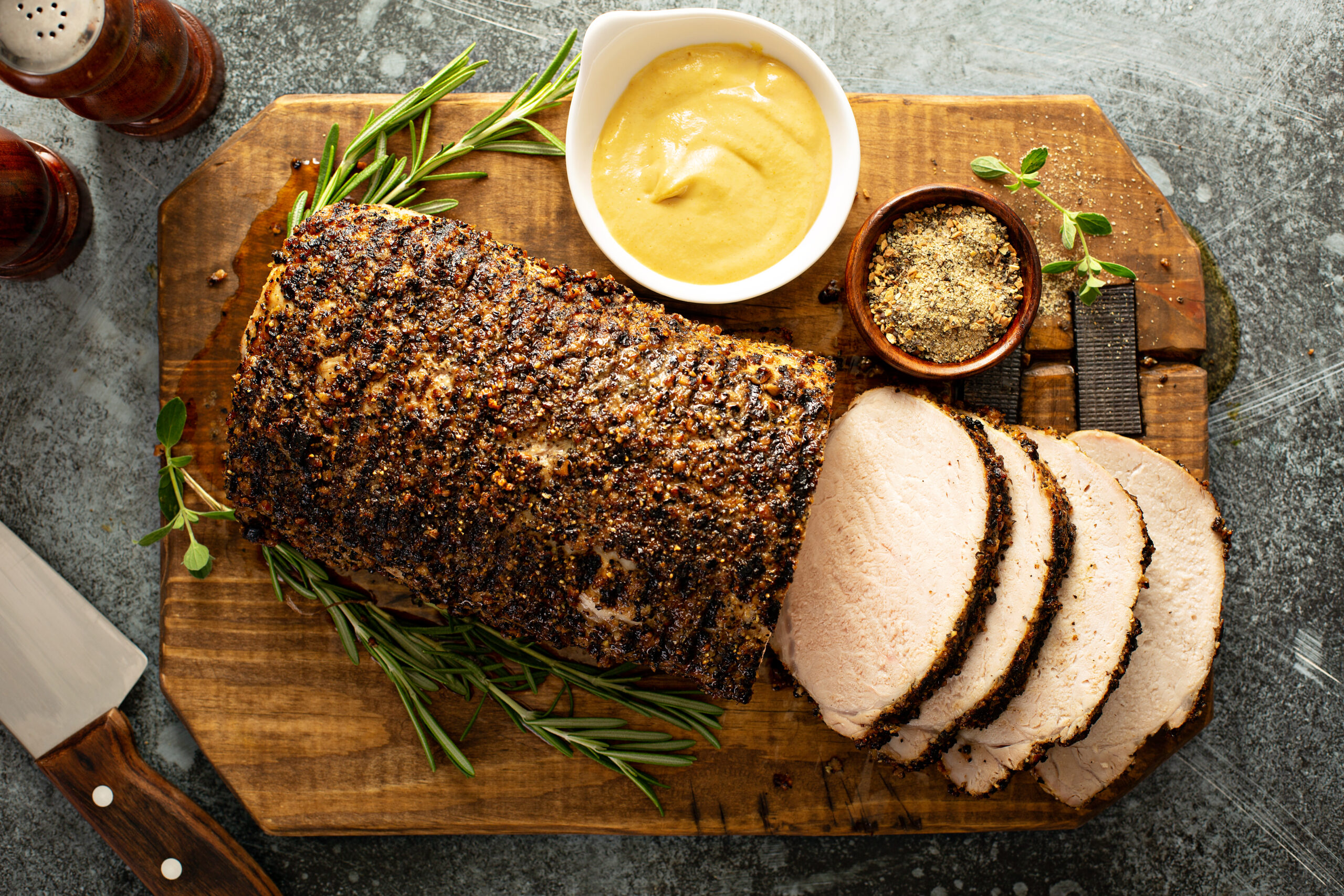
Imagine transforming your ordinary grilled meals into extraordinary culinary delights with just a few simple seasoning hacks. Whether you’re a seasoned chef or a weekend griller, these tips will elevate your barbecue game to new heights.
Grill seasoning elevates barbecues to gourmet levels by enhancing flavors. It consists of herbs, spices, and flavor enhancers like salt, pepper, garlic powder, onion powder, and paprika. Specialty blends may include dried lemon zest or smoked salts. Proper seasoning techniques—generous, even application and timing—are key to optimal flavor. Experimenting with these techniques ensures every meal is delicious and satisfying.
Disclosure: As an Amazon Associate, this site earns from qualifying purchases. Thank you!
Choosing Your Seasoning Ingredients
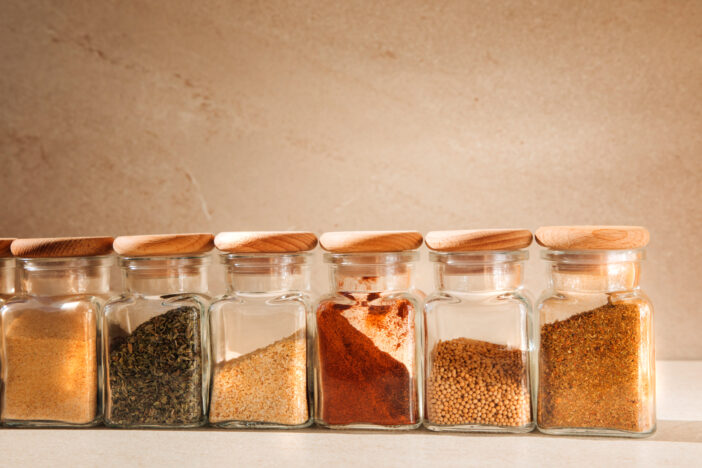
To craft the ultimate grilled masterpiece, selecting the right seasoning ingredients is crucial. This lays the foundation for flavors that will enhance, not overpower, your grilled foods.
Dry Rubs: Spices and Herbs Mix
Opt for a blend of both aromatic and potent spices to create a balanced dry rub. Start with essentials like salt and black pepper, and add complexity with garlic powder, cumin, and smoked paprika. Consider aromatic herbs such as dried thyme, rosemary, or oregano to infuse subtle floral notes. For heat, sprinkle in some chili powder or cayenne. Mix these thoroughly to ensure even distribution before applying them to your meats or vegetables.
Marinades: Liquids for Depth of Flavor
Marinades not only tenderize but also imbue deep flavors. Base liquids like olive oil or soy sauce provide moisture, while acids such as lemon juice or vinegar help in tenderizing the meat. Ingredients like minced garlic, onion powder, or mustard add depth, enhancing the primary flavors. Remember, allowing your meat or veggies to marinate for several hours or even overnight will maximize the taste absorption, leading to more flavorful results.
Glazes and Sauces for Finishing Touches
Finish your grilled items with a glaze or sauce for an added flavor boost. Glazes, typically sweeter and thicker, like a honey-balsamic reduction or a maple-syrup glaze, should be applied in the last few minutes of grilling to prevent burning. Sauces like homemade barbecue or a spicy Sriracha mayo can be served on the side for dipping or brushed on during the last stages of grilling to enhance flavor and create an appealing exterior.
Best Practices for Applying Seasonings
To achieve the ultimate flavor when you’re grilling, mastering the timing and techniques of applying seasonings is crucial. By enhancing your approach, you’ll ensure every bite is as delicious as possible.
Timing Your Seasoning for Optimal Flavor
- Marinades: Start early; some meats benefit from marinating for up to 24 hours, especially tougher cuts. Chicken and fish usually require only a few hours.
- Dry Rubs: Apply dry rubs at least an hour before grilling to allow the spices and herbs to fully integrate into the meat, giving them time to tenderize and enrich the flavor profile.
- Oil & Herbs: For quick grilling vegetables or delicate proteins like shrimp, tossing them in oil with fresh herbs just before they hit the grill works best. This prevents burning and ensures a fresh, vibrant taste.
Techniques for Even Coverage
- Consistent Coverage: Whether you’re using a dry rub or marinade, ensure it’s evenly distributed over the food. Use your hands to rub in spices to get an even coat.
- Under the Skin: For poultry, carefully loosen the skin and apply seasonings directly onto the meat beneath it. This method keeps the seasonings from burning and enhances flavor absorption.
- Layering Flavors: Don’t shy away from basting with a marinade or sauce while grilling. This not only adds moisture but also builds up a rich layer of flavor, especially during the last few minutes of cooking.
Grill Seasoning Hacks for Specific Foods
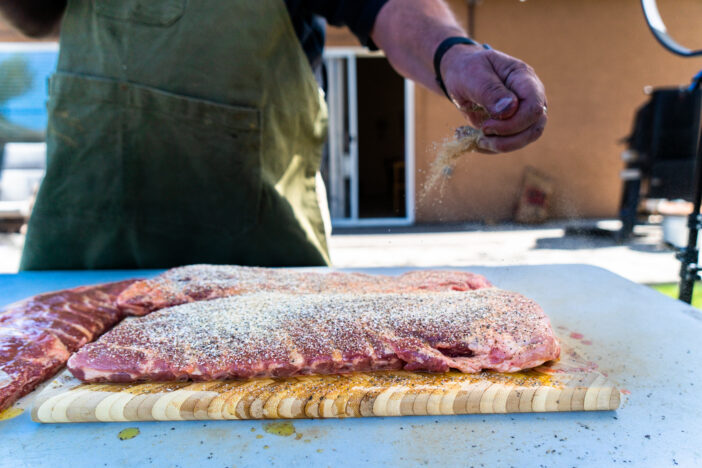
Tailor your seasoning strategies to the different foods you grill to enhance flavors and impress your guests. Here’s how to optimize your seasoning techniques for beef, chicken, seafood, and vegetarian dishes.
Maximizing Flavor in Beef
For beef, the key is to go bold. Use a rub made of coarse salt, cracked black pepper, and garlic powder. For steaks, marinate with Worcestershire sauce or soy sauce several hours before grilling to deepen the umami flavor. During grilling, brush with a mix of melted butter and herbs (like rosemary and thyme) to add richness and enhance the natural beef flavors.
Enhancing the Natural Taste of Chicken
The chicken absorbs flavors well, so a marinade works wonders. Combine olive oil, lemon juice, minced garlic, and fresh herbs like dill, parsley, or cilantro to create a vibrant marinade. Marinate for at least 4 hours. When grilling, sprinkle smoked paprika and a touch of brown sugar over the chicken to achieve a caramelized exterior without overpowering the meat’s natural taste.
Bringing Out the Best in Seafood
Seafood calls for light, aromatic seasonings to complement its delicate flavors. Use a blend of lemon zest, dill, and a pinch of salt. For shellfish, a garlic butter sauce does the trick. Always apply seasonings just before cooking to preserve the seafood’s integrity and sprinkle freshly chopped herbs right before serving for a burst of freshness.
Vegetarian Options: Grilling Veggies and Beyond
For vegetables, a simple drizzle of olive oil, salt, and pepper enhances their natural flavors. Mix things up with balsamic vinegar or a sprinkle of Parmesan cheese for extra zing. Tofu and other plant-based proteins benefit greatly from marination. Try a mix of soy sauce, maple syrup, and a dash of Sriracha for a sweet and spicy kick. Grill until crispy on the outside.
Advanced Grill Seasoning Techniques
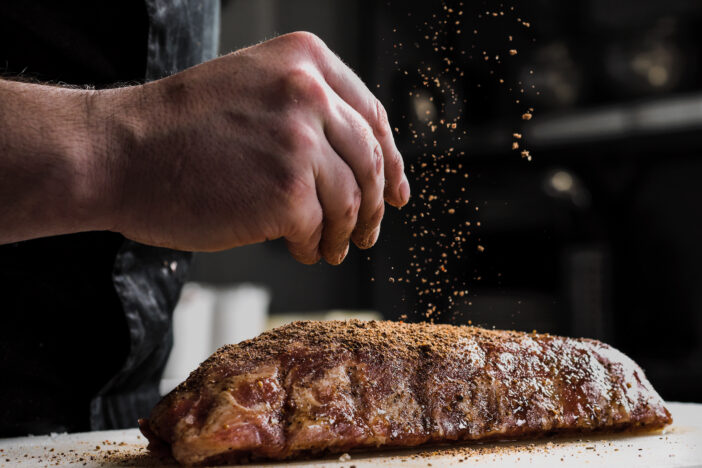
Enhance your grilling with advanced techniques that infuse deep, complex flavors:
Smoking with Seasoned Woods
- Choose Your Wood: Hickory for a strong, bacon-like taste; apple wood for a sweet, fruity flavor.
- Pre-soak Wood Chips: Soak for at least an hour to ensure longer smoldering and better smoke infusion.
- Experiment with Mixtures: Combine woods like cherry and mesquite for customized flavors.
- Monitor Smoke Levels: Maintain steady, mild smoke to avoid overpowering your food.
Global Spices and Spice Pastes
- Incorporate Global Spices: Use Japanese Togarashi for heat or Moroccan Ras el Hanout for a complex profile.
- Create Spice Pastes: Blend fresh herbs and spices with oil or yogurt for better adhesion and flavor, such as Thai curry paste or Argentine chimichurri.
Marinades and Layering Flavors
- Use Marinades to Tenderize: Incorporate acidic components like lime juice in Caribbean Jerk or vinegar in Filipino Adobo to flavor and tenderize meats.
- Layer Flavors: Start with a dry rub, add a marinade, and finish with a glaze or dipping sauce after grilling for a dynamic flavor experience.
Avoiding Common Seasoning Mistakes
Effective grilling involves the proper use of spices. Avoid these mistakes for perfectly seasoned meals:
Overseasoning: Finding the Balance
- Start Small: Add seasoning gradually and taste as you go.
- Understand Your Spices: Use potent spices like cayenne sparingly compared to milder ones like paprika.
- Use a Mix: Balance strong flavors with milder ones, such as garlic and onion powders.
Timing and Technique
- Marinate Early: Allow hours or even a day for flavors to penetrate deeply.
- Add Delicate Herbs Late: Sprinkle herbs like basil or cilantro near the end to preserve their flavor.
- Last Minute Salting: Add salt at the end to retain moisture in meats and vegetables.
Frequently Asked Questions
What are seasoned woods and how do they enhance grilling flavors?
Seasoned woods, such as hickory, mesquite, or applewood, are dried woods used to add a smoky flavor to the grilled dishes. When used in smoking, these woods release aromatic compounds that infuse the food with distinctive flavors, enhancing the overall taste of grilled meats and vegetables.
How can global spices affect the taste of grilled dishes?
Global spices introduce a variety of flavors, from fiery heat to subtle earthiness, depending on the cuisine they are derived from. Adding spices like paprika, cumin, or curry powder can profoundly transform the taste profile of your grilled dishes, making them more intriguing and flavorful.
Should wood chips be soaked before using them for grilling?
Yes, pre-soaking wood chips in water for at least 30 minutes before grilling is recommended. Soaking helps the chips to smolder instead of burning quickly when placed on the grill, providing a steady stream of smoke that better penetrates and flavors the food.
What are common seasoning mistakes to avoid during grilling?
One of the most common mistakes is overseasoning, which can overpower the natural flavors of the food. Additionally, not balancing spice intensities or using too much salt can result in a less desirable taste. It’s crucial to find harmony in seasoning to enhance, rather than mask, your dishes.
Why is it important to marinate early and add herbs late when grilling?
Marinating early allows ample time for the flavors to penetrate deeply into the food, making it more flavorful and tender. Adding delicate herbs and spices towards the end of the cooking process prevents them from burning and ensures their fresh flavors are prominent in the final dish.
What is the benefit of last-minute salting on grilled items?
Applying salt at the last minute before grilling helps to ensure that moisture is retained within meats and vegetables, preventing them from drying out during the grilling process. This technique also aids in creating a perfectly seasoned crust on the surface of the grilled items.


